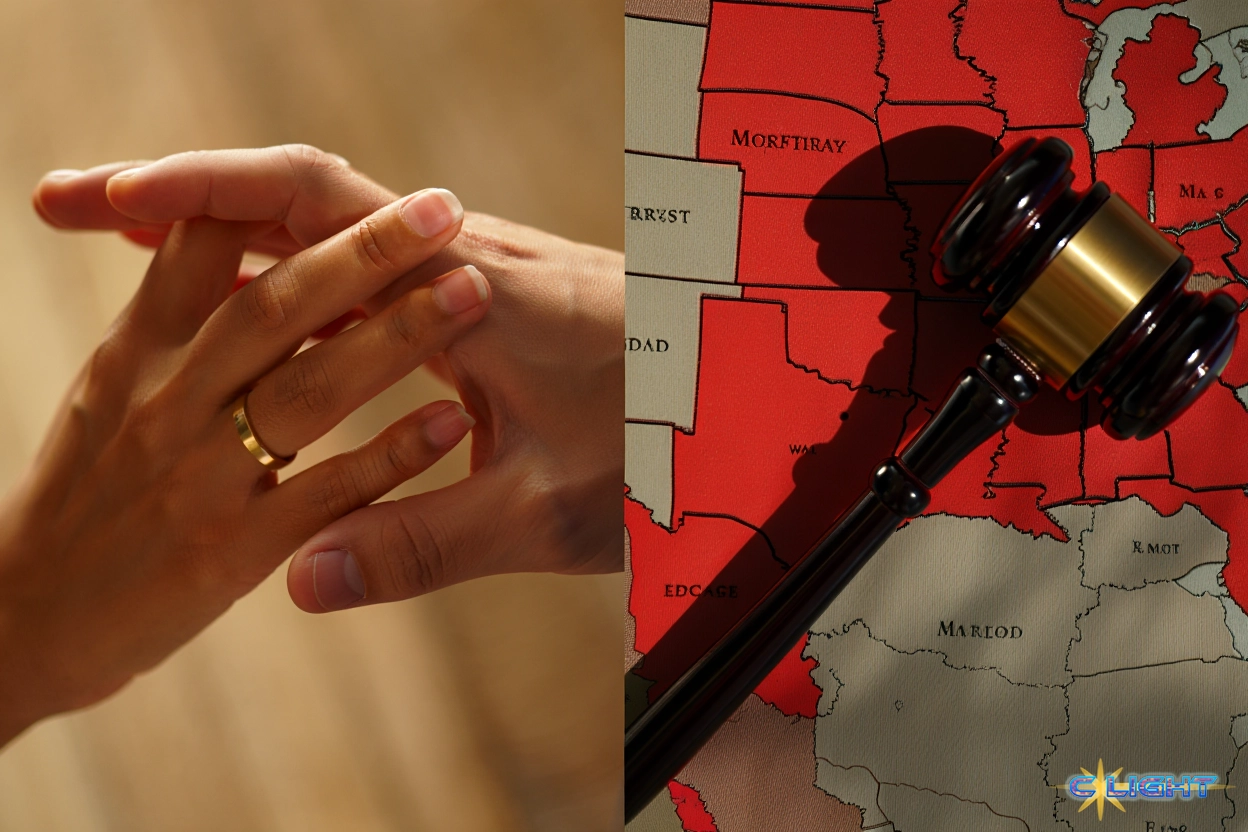My partner identifies as trans non-binary. It’s a reality that is fluid, beautiful, and ours. Some days are more masculine, with a neatly trimmed goatee. Other days are more feminine, in a dress. The love in our relationship is not, and has never been, predicated on how they identify on any given day. It is predicated on love. And for ten years, thanks to a landmark Supreme Court decision, our love has been granted the same dignity in the eyes of the law as anyone else’s.
Today (Thursday) marks the 10th anniversary of Obergefell v. Hodges, the ruling that legalized same-sex marriage nationwide. It was a watershed moment, a declaration encapsulated in Justice Anthony Kennedy’s powerful words: “They ask for equal dignity in the eyes of the law. The Constitution grants them that right.” For millions of Americans—for our friends, our family members, our neighbors—it felt like we were finally “seen as actual people,” as one woman who married her wife that day in 2015 put it.
In the decade since, the progress has been tangible. An estimated 823,000 same-sex couples are now married in the United States, more than double the number from before the ruling. The biggest growth has been in the South. The dire predictions of social conservatives never materialized. As you so rightly pointed out, we’ve had ten years and no one has rained hellfire down on us. The institution of marriage has not crumbled. The fabric of society has not been torn asunder. Instead, families have been helped, not hurt.
And yet, on this anniversary, the mood is not one of pure celebration. It is one of trepidation. Because the right to that dignity, which felt so permanent a decade ago, now feels perilously fragile.

A vocal and radicalized minority, searching for a new front in the culture wars, is now systematically attacking the foundations of that ruling. We see it in the words of Supreme Court Justice Clarence Thomas, who has openly called on the court to “correct the error” of Obergefell. We see it in the actions of the Southern Baptist Convention, which is now formally calling for the ruling to be overturned. And we see it in the legislatures of at least nine conservative states, which are introducing bills designed to undermine marriage equality, either by directly challenging the ruling or by creating a separate, lesser, two-tiered system of “covenant marriages” for heterosexual couples only.
This backlash is being fueled by a shocking and sudden drop in support within the Republican party. After years of growing acceptance, peaking at 55 percent in 2022, a recent Gallup poll shows GOP support for same-sex marriage has plummeted to just 41 percent.
For millions of Americans, this is not a political debate. It is an existential threat. It’s the fear that a right you have relied on could be stripped away by the ever-changing political winds. As one man in a same-sex marriage in Georgia told Newsweek, he and his husband have begun having “difficult conversations about contingency plans.” This is the quiet terror that the current political climate has inflicted upon families across the country.
The truth is that how people live their lives only affects them. Your marriage does not affect your neighbor’s marriage. Your love does not diminish your neighbor’s faith. You are not closer to ‘god’ because you were unkind to a gay person. And it is infuriating that in a country with so many real problems—from healthcare to climate change—so much political energy is being spent trying to invalidate the love and commitment of fellow Americans.

There are firewalls in place. The bipartisan Respect for Marriage Act of 2022 ensures that even if Obergefell were to fall, states would have to recognize legal marriages performed elsewhere. And pro-equality forces are now on the offensive, pushing for ballot initiatives in states like Arizona and Virginia to enshrine marriage equality in their own state constitutions.
But as the lead plaintiff in the original case, Jim Obergefell, warned this week, we cannot be complacent. The fight is “nowhere near done.” This anniversary should be a celebration, but it must also be a call to action. Because the rights of our friends, our families, and our neighbors are not, and should never be, bargaining chips. They are fundamental. And they are worth fighting for.
Discover more from Clight Morning Analysis
Subscribe to get the latest posts sent to your email.










